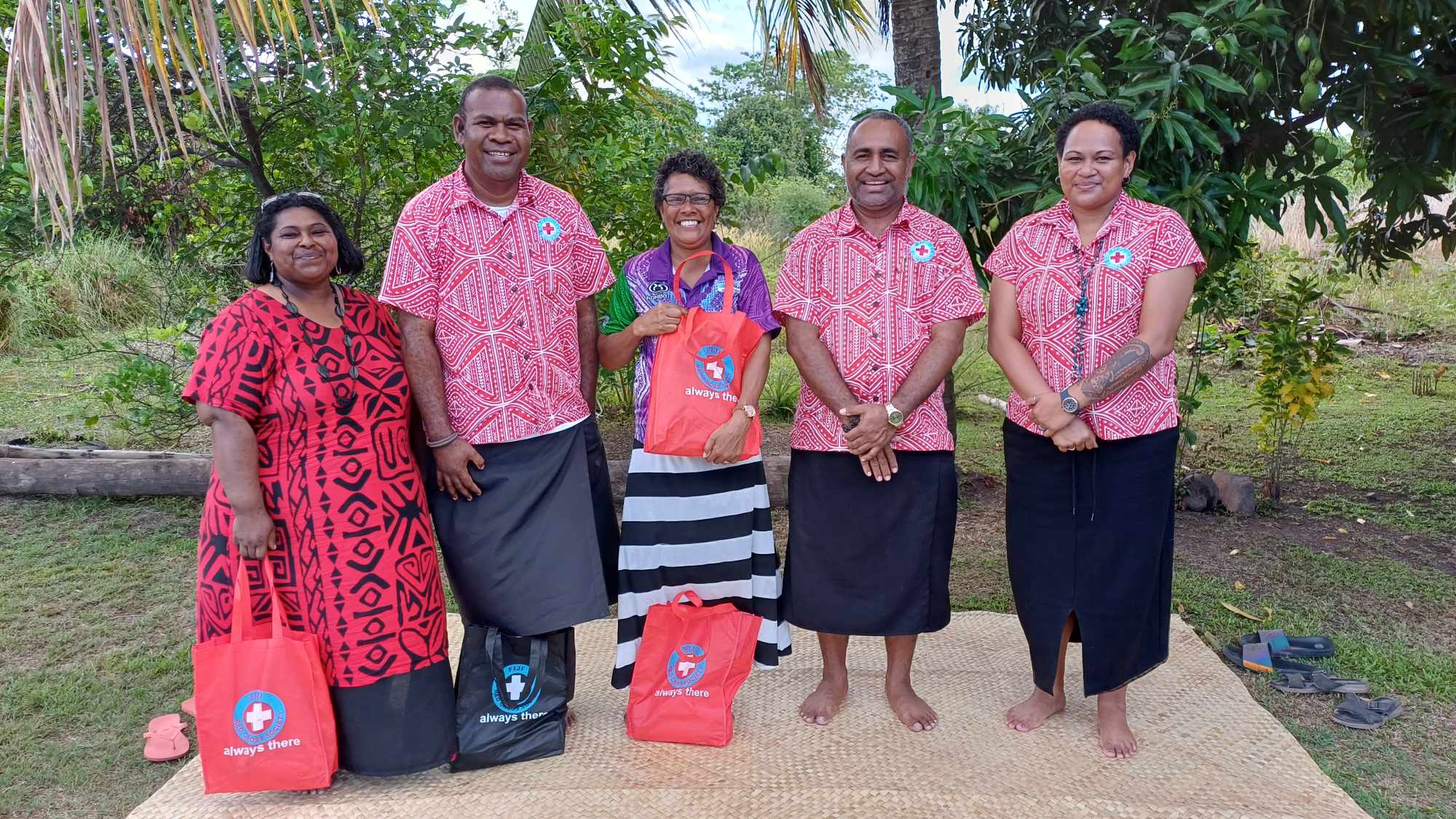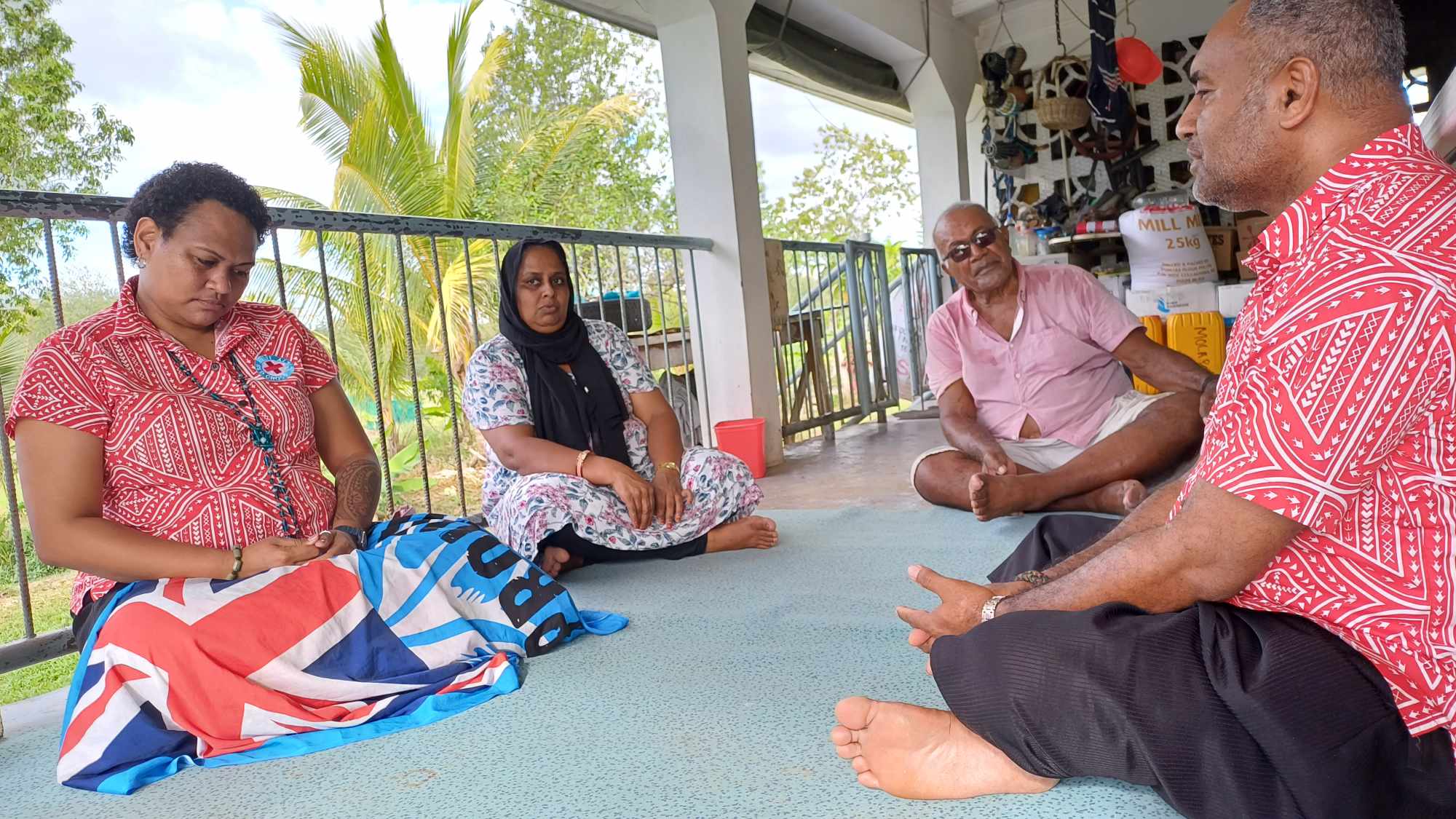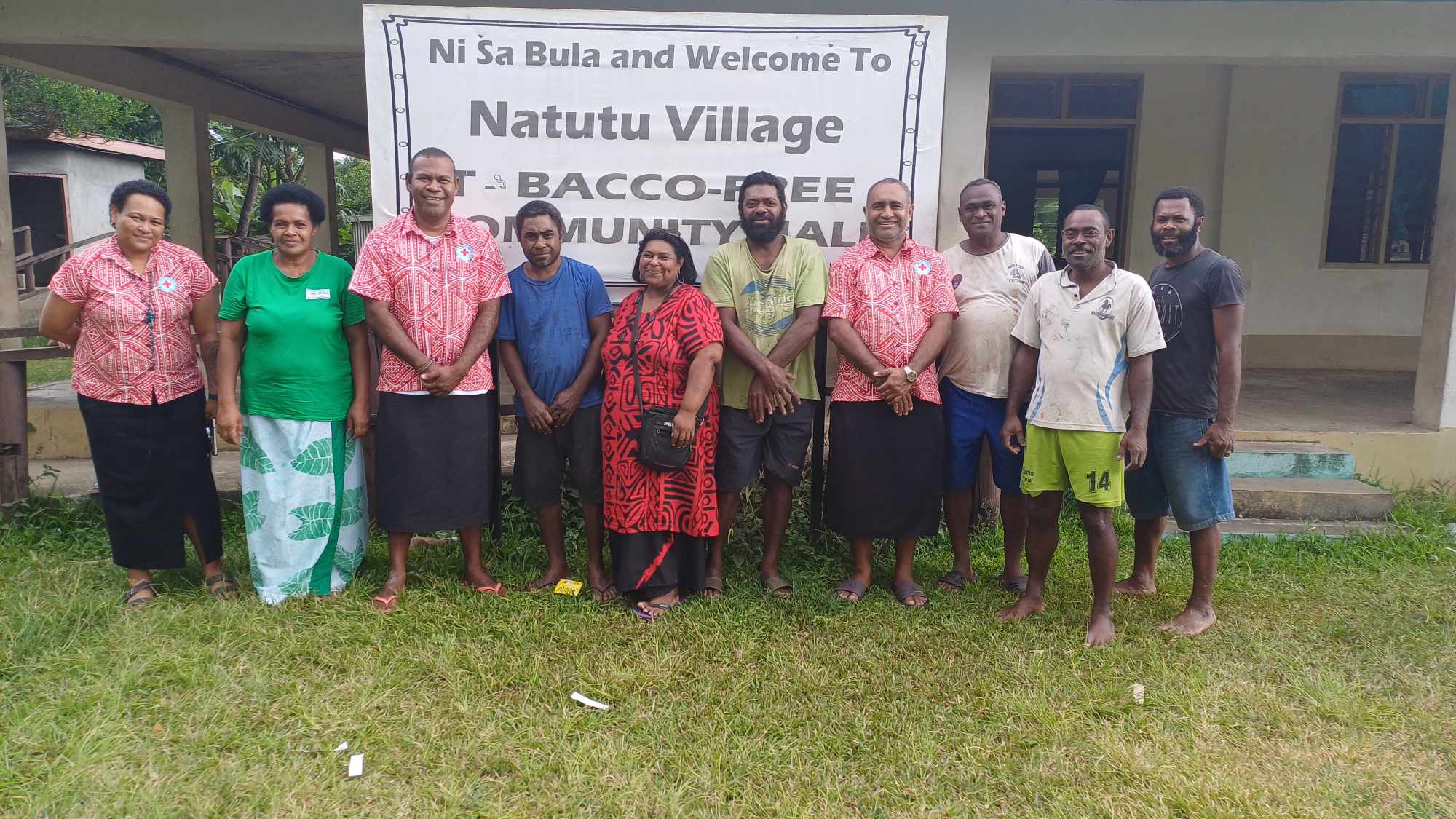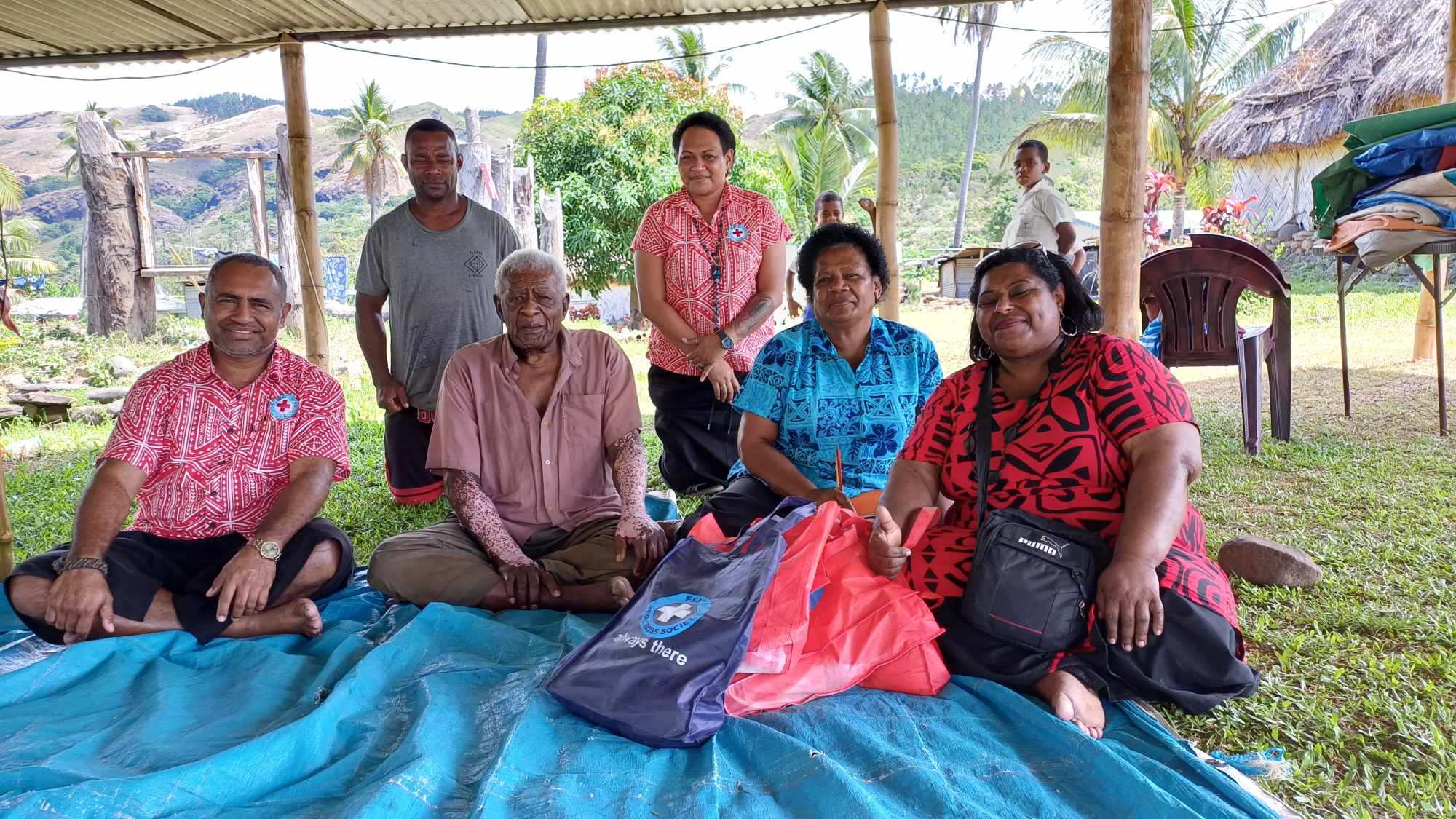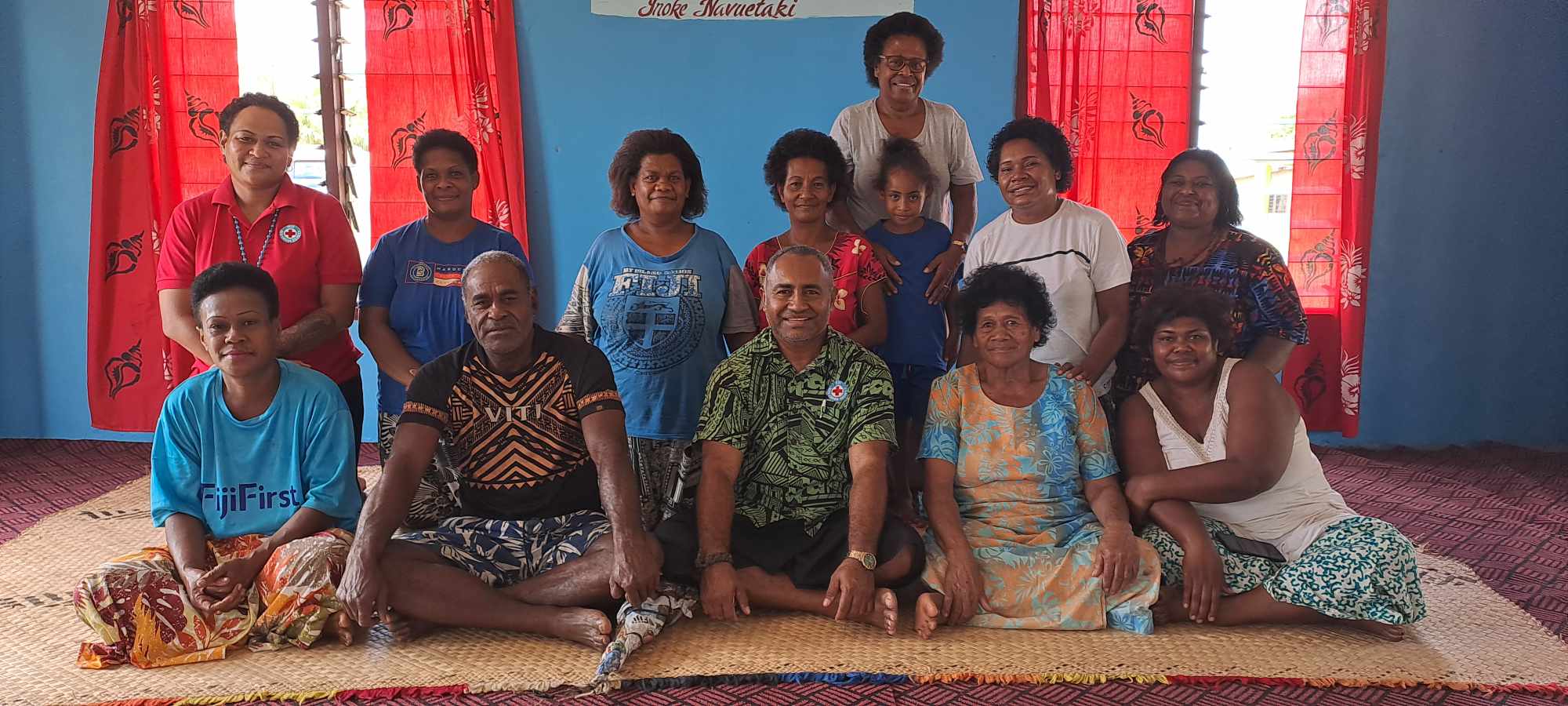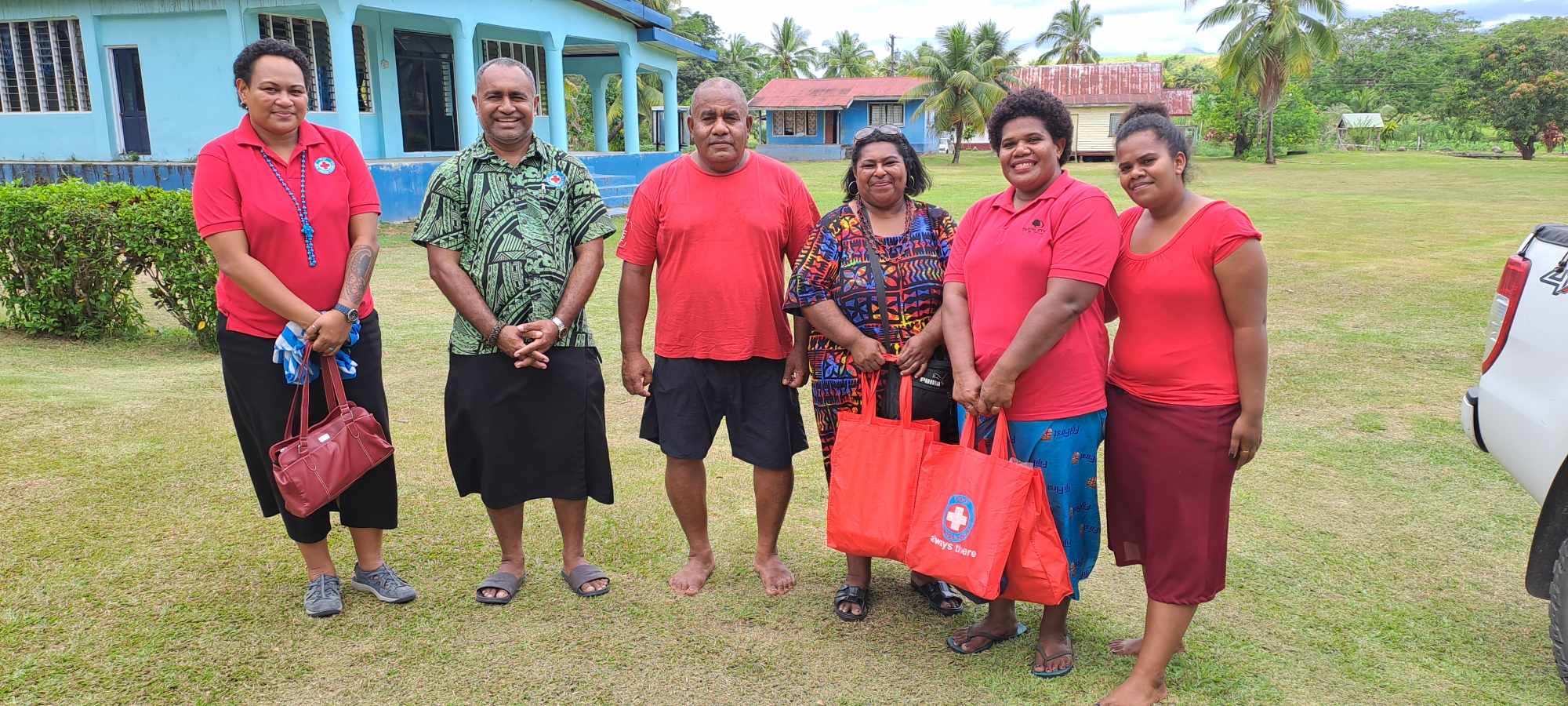COMMUNITY BASED SURVEILLANCE (CBS)
What is Community Based Surveillance (CBS)?
Community-based surveillance (CBS) is the systematic detection and reporting of events of public health significance within a community by community members.
By allowing for volunteers from the communities to report on health situations we can ensure that the right help is provided, in the right place and at the right time.
Key components of Community-Based Surveillance in the Red Cross include:
- Early Detection: Trained volunteers and community members are taught to recognize signs and symptoms of diseases, unusual health patterns, or any other health-related anomalies within their communities.
- Data Collection: They collect data on these health issues and promptly report it to relevant health authorities or agencies responsible for monitoring public health.
- Health Education: Volunteers also play a role in educating their communities about essential health practices, disease prevention, and the importance of early reporting.
“Fiji is the only country in the Pacific that runs CBS and is one of ONLY 5 National Societies across 192 member countries that have successfully implemented this program.”
How does CBS support the Ministry of Health?
CBS is a powerful tool that significantly supports Government Ministries in several ways:
- Early Detection: By relying on local communities for surveillance, Ministries can detect health threats early, enabling rapid response and containment.
- Real-time Data: CBS provides real-time, community-level data that complements the larger health information system. This data is invaluable for informed decision-making.
- Capacity Building: The program builds the capacity of local volunteers and communities to respond effectively to health emergencies, reducing the strain on government resources.
- Community Engagement: CBS fosters a sense of community ownership in health monitoring, creating a proactive approach to health management.
- Public Health Education: By educating communities on health practices, CBS contributes to improved public health outcomes.
The success of CBS lies in its collaborative nature. Government Ministries work hand in hand with the Red Cross to implement and sustain these programs. It’s a partnership that not only enhances public health but also empowers communities to be active participants in their own well-being.
In times of crisis, timely information can be a lifesaver. The Community-Based Surveillance program serves as a bridge between communities and government agencies, helping to ensure a healthier and more resilient society. By working together, the Red Cross and Government Ministries are not only improving public health but also strengthening the bonds that keep communities safe.
The CBS program led by Fiji Red Cross Society is supported by the Australian Red Cross.
END
For more information or media inquiries, please contact:Luisa TuragaCommunications Coordinator9987949
luisa.turaga@redcross.com.fj
About Fiji Red Cross Society: The Fiji Red Cross Society is a humanitarian organization dedicated to serving vulnerable communities in Fiji. With a strong presence nationwide, the Society provides emergency response, disaster management, health and first aid training, community outreach, and other essential services. Through its commitment to humanity, impartiality, neutrality, independence, voluntary service, unity, and universality, the Fiji Red Cross Society strives to alleviate suffering and promote the well-being of those in need.
Fiji Red Cross Society; Celebrating 50 Years of Humanitarian Service
